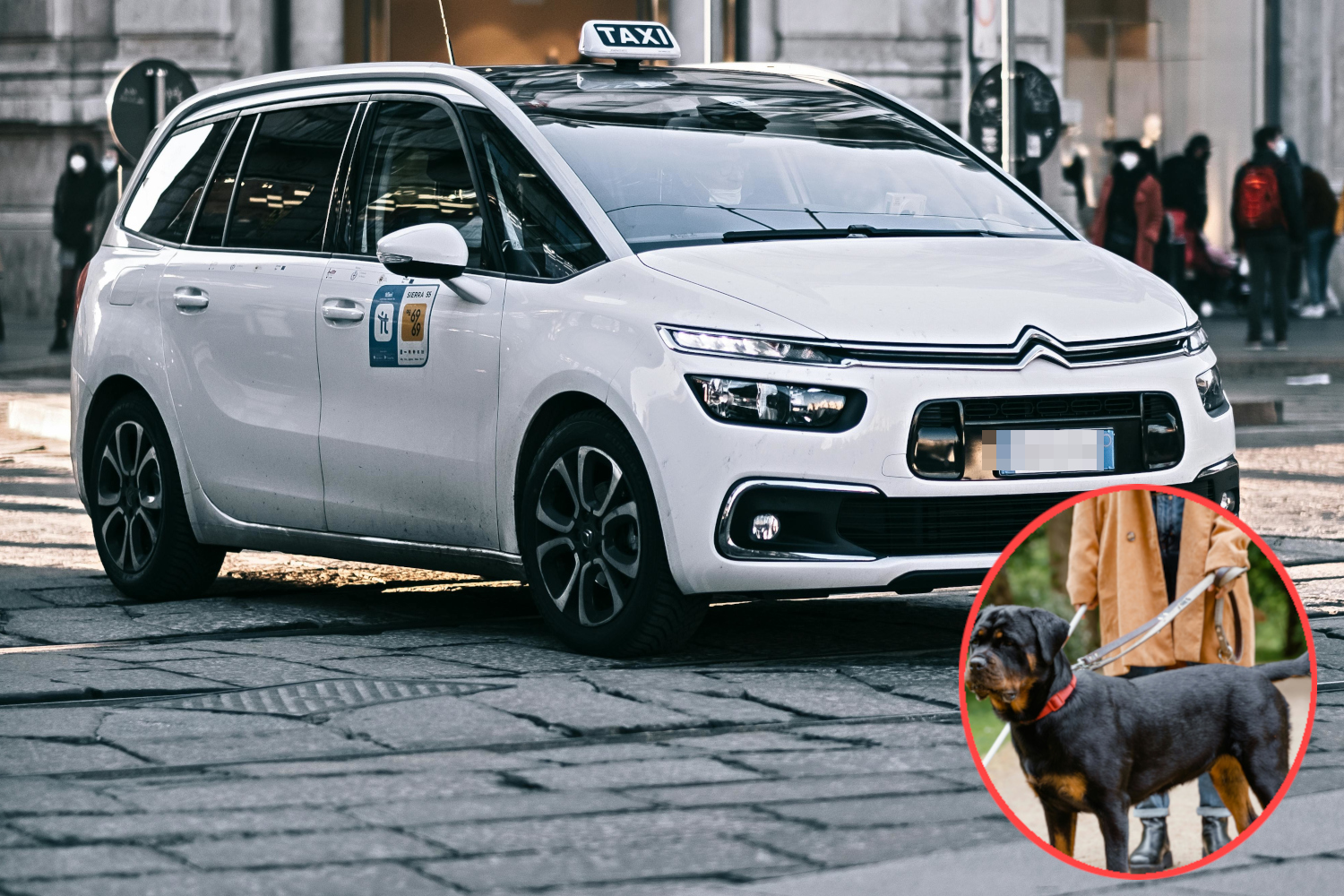A blind woman was denied a taxi ride in Pescara, Italy, due to her guide dog. Codacons demands license revocation, calling it serious discrimination. The law requires public transport to comply.

@Lorenzo Alessio Messina/Pexels @MART PRODUCTION/Pexels
A troubling episode in Pescara
A troubling incident recently unfolded at the Pescara railway station, in central Italy, when a blind woman was denied a taxi ride simply because she was accompanied by her guide dog. The passenger, originally from Portugal and currently living in Emilia-Romagna, had just arrived on a train from Bologna. Her destination was nearby Montesilvano—roughly a 15-minute drive—but what should have been a routine journey turned into a case of outright discrimination.
As she approached a taxi, the driver reportedly refused her access with a curt and unmistakable rejection: “No dogs in my cab.”
Left stranded, she turned to officers from the railway police (Polfer) who were stationed nearby. They attempted to mediate with the driver, but he stood his ground. Ultimately, officers had to arrange an alternative vehicle for the woman, while the case was formally referred to the municipal police, the only authority in Italy with the power to impose administrative sanctions on taxi drivers.
Codacons steps in: “this is serious discrimination”
The case has ignited widespread outrage, drawing the attention of Codacons, Italy’s leading consumer rights organization. The group immediately called for the revocation of the taxi driver’s license, describing his actions as “serious discrimination.”
Codacons also reminded the public of Italy’s legal obligations: Law 37/1974, as updated by Law 60/2006, mandates that all public transport services, including taxis, must accept blind passengers accompanied by guide dogs—at no extra cost.
That’s not just a suggestion. It’s the law.
What the law says—and the consequences
Refusing service to a visually impaired person with a guide dog constitutes a clear breach of accessibility regulations in Italy. The penalties range from €500 to €2,500 (roughly $540 to $2,700). But fines aren’t the only possible outcome: depending on the gravity and recurrence of such behavior, the driver’s license can also be suspended or permanently revoked.
Codacons is also threatening legal action against the Municipality of Pescara for failing to act, stating that a lack of consequences would amount to “omission of official duties.” In Italy’s bureaucratic maze, these kinds of omissions can sometimes be as harmful as the act itself.
Americans with disabilities act (ADA)
In contrast, U.S. law leaves no room for ambiguity. Under the Americans with Disabilities Act (ADA), service animals—specifically guide dogs—must be allowed in all areas open to the public, including taxis and ride-sharing services. Denying access to a blind person because of their guide dog is not only discriminatory but explicitly illegal, and can lead to fines, license suspension, or even legal action. As the ADA states: “Service animals must be allowed to accompany people with disabilities in all areas where the public is permitted to go.”
While enforcement isn’t always perfect, awareness and compliance are significantly more widespread in the United States. Drivers and service providers receive training, and violations often make headlines or result in swift consequences.
Not just an isolated case
As disheartening as this story is, it’s not an isolated incident. Similar cases have been reported in several Italian cities over the years, painting a troubling picture of an accessibility system that often depends less on regulation and more on individual decency.
And that’s a problem.
So long as the rights of people with disabilities are seen as optional courtesies instead of non-negotiable guarantees, stories like this one will continue to surface. Accessibility cannot remain a matter of personal judgment—it needs to be a cultural and legal norm.
Because being included in society shouldn’t be a favor—it should be a right.
